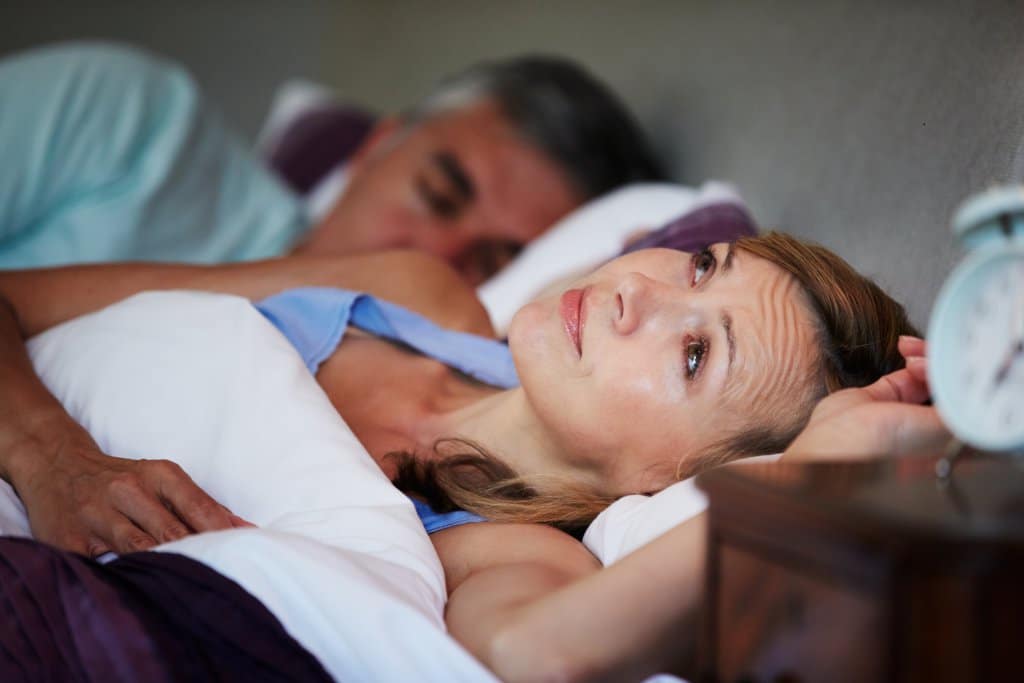6 Steps for Regaining Control of Your Overactive Bladder
40% of women and 30% of men experience symptoms of overactive bladder (OAB), or urge incontinence at some point in their life. Managing the symptoms is possible.
There are several ways to know if you are among the millions of people who have an overactive bladder. One is by your clock, and another is by your stock [of toilet paper]. If you’re more frequently replacing rolls at 3 a.m., you may have an overactive bladder.

Overactive bladder, or OAB, occurs when the bladder muscles spasm and cause you to urinate even when the bladder isn’t full. Even an urgent need to go may produce little urine. These symptoms are sometimes caused by a urinary tract infection, pregnancies, nerve damage, or bladder stones. The exact cause of OAB, however, is not clear. We do know it is more common with age.
An estimated 30 million people, women in particular, live with OAB. And for many, the condition makes it more difficult to sleep through the night.
Interrupted sleep isn’t simply a nuisance, it can be compromising to your health. Daytime sleepiness due to OAB disruptions can lead to depression and a higher risk of falls.
Tackling the problem behind the problem – improving bladder function – is the first and best step. Bladder training (limiting urination to set times of the day), pelvic floor exercises, and medications can help manage the spasms that cause frequent urination.
Here are a few other suggestions to keep the bladder inactive at night.
If these lifestyle changes don’t improve your OAB, you can ask your physician about medical treatments. One common therapy involves stimulation of the posterior tibial nerve, by the ankle, which activates the nerves of the bladder leading to the brain. Surgical treatments include Botox injections and an implant that regulates the nerves controlling bladder function.
The path you choose to a better night’s sleep should depend on just how much your a.m. trips to the bathroom impact your quality of life, at all hours. Replacing rolls of toilet paper is a small matter; replacing your feeling of wellness is a considerably greater one.
To learn more about OAB, urge incontinence, and treatments, visit our click here. If you’d like to talk with one of our physicians about OAB symptoms and a diagnosis, you can look up a doctor near you on our physicians directory and/or request an appointment here.
Virtual Assistant
I need help with ‘Billing Questions’
What number should I call to pay my bill?
If your bill is from The Urology Group, please call (513) 841-7474 to pay your bill.
If your bill is from The Urology Center, please call (513) 841-7475 to pay your bill.
If you would like us to call you to set up an appointment, please click here to request a call back.
If you would like to call us, please call
513-841-7400
to speak with a representative.
Our hours are:
Monday-Friday: 7:30am – 5:00pm
please call us at:
Our hours are:
Monday-Friday: 7:30am – 5:00pm
please call us at:
Our hours are:
Monday-Friday: 7:30am – 5:00pm
please call us at:
Our hours are:
Monday-Friday: 7:30am – 5:00pm
please call us at:
Our hours are:
Monday-Friday: 7:30am – 5:00pm